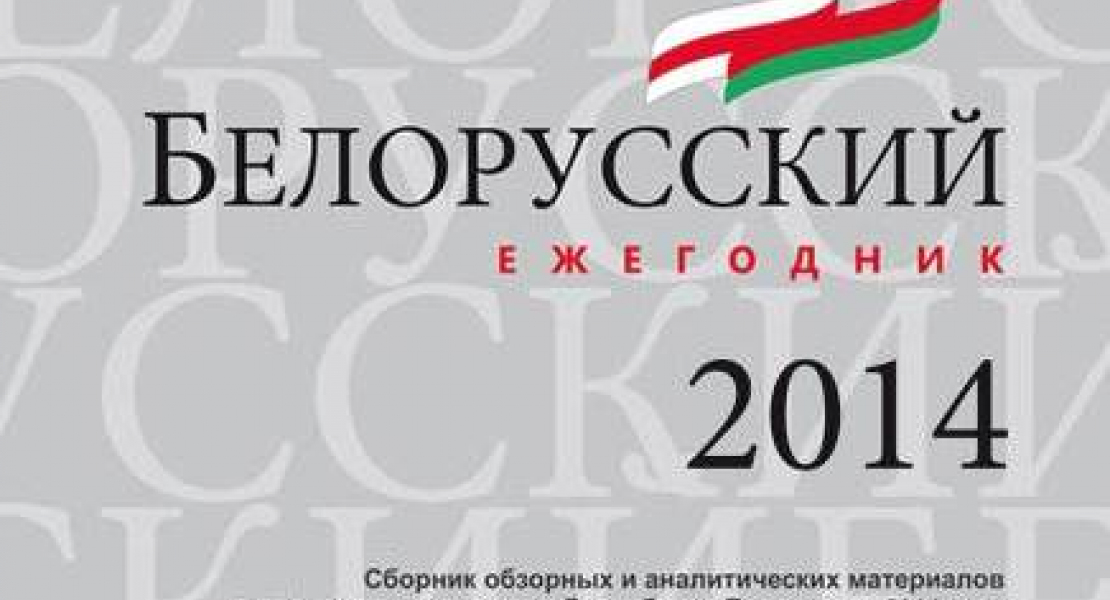The presentation of Belarusian Yearbook 2014, a complex analysis of the situation in the most important segments of the state and society for 2014, was held in Minsk. The book is a combined effort of the Belarusian expert community under the aegis of the website Nashe Mnenie (Our Opinion). BISS analysts were involved in the preparation of Belarusian Yearbook, alongside other experts.
In his article Belarus—European Union: A new agenda on the background of the Ukrainian crisis, Dzianis Melyantsou argues that owing to its diplomatic efforts and the geopolitical context official Minsk managed to include the European Union in a higher-level dialogue with the Belarusian government. The Belarusian side confined itself to quite symbolic steps and never actually met the requirements laid down by Brussels (release and rehabilitation of all political prisoners and improvement of the human rights situation) as a prerequisite for the commencement of dialogue.
Minsk’s hopes that it would successfully apply the Venezuelan scenario to the rest of the developing world came true only partially, Andrei Yeliseyeu writes in his article Belarus and Developing Countries: Looking for new ‘Venezuelas’. Progress in the creation of Belarus’s production facilities abroad (Cambodia, Mozambique, and Nigeria) proved to be marginal. The author believes that in years to come it will be hard to expect a significant increase in sales of Belarusian manufactured products in the markets of developing countries. The year 2014 saw a marked improvement in Belarus’s balance of trade with those countries, most of all because of the reduction in Chinese import and increase in revenues generated by sales of potash fertilizers in China, Brazil, Indonesia, Malaysia and India.
The “local oil-processing crisis” clearly showed the heavy dependence of the Belarusian oil sector on oil price trends and terms of crude supplies from Russia. In the coming years, the Belarusian oil-processing industry will require a serious reform in order to increase the efficiency and profitability of the country’s oil refineries, Aliaksandr Autushka-Sikorski writes in his article Energy Sector: Local oil-processing crisis. In his opinion, prospects of further reduction in cross-subsidy in 2015 remain vague due to the ongoing economic recession.
Finally, Alena Artsiomenko writes in her article National Media System: The spiral of inefficiency that in 2014, Belarus not only lacked any prerequisites for the development of the media sector, but saw more conspicuous factors of its degradation. One of the characteristics of the national media market is the dominance of the external media (Russian propaganda) in the context of the shaping of public opinion. According to the author, the current policy on state media aims primarily at saving resources, rather than the development of the national media system. Modernization of the media is largely of a technical nature.

